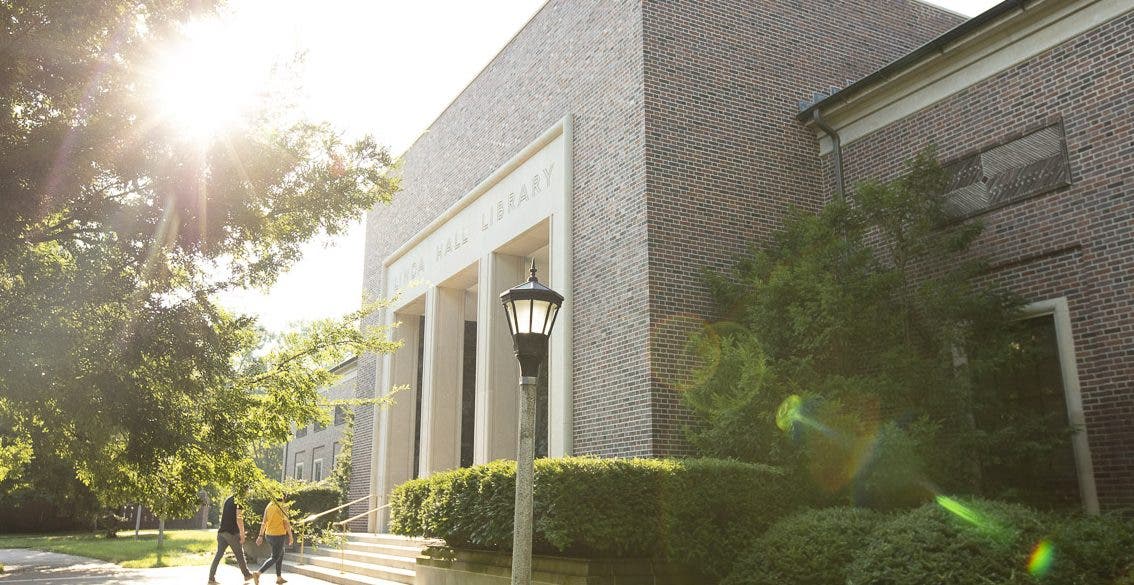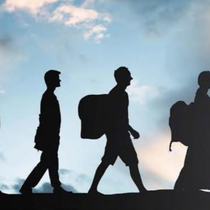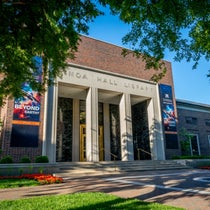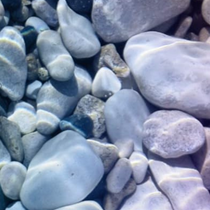Linda Hall Library Announces 2021-22 Fellows
Library Welcomes its First Class of All-Virtual Fellows
The Linda Hall Library is thrilled to announce the recipients of its research fellowships for the 2021-22 academic year. Linda Hall Library fellows conduct research using our collection of rare books, scientific journals, and other technical publications with support from reference staff and in-house experts. They also form close ties with other Kansas City-area scholars and institutions.
This year’s applicant pool and cohort involve several exciting firsts. The Library launched its brand-new virtual fellowships, which allow scholars to work from off-site using digital scans from our collections. At a time when many libraries and archives remain closed due to COVID-19, this virtual option proved to be extremely popular. The Library received nearly four times as many applications compared to last year, including submissions from researchers based in South America, Europe, Asia, and Africa.
The 2021-22 fellowship cohort consists of nine scholars with a wide range of academic interests, including astronomy in colonial Latin America, the history of Japanese mathematics, and infrastructure projects in the Mississippi River Delta. In addition to being the Library’s first fully virtual group of fellows, the 2021-22 cohort is also the first in the history of fellowship program where women comprise the majority.
Please join us in welcoming the 2021-22 fellows!
2021-22 Linda Hall Library Fellows
- Anna Amramina, University of Minnesota
Friends in Odd Places: Cold War U.S.-Soviet Collaboration in Earth Sciences - Ekaterina Babintseva, Harvey Mudd College
Cyberdreams of the Information Age: Learning with Machines in the Cold War United States and the Soviet Union - Mark Yu-Shan Chen, Harvard University
From Wasan to Yōzan: A Translation of Mathematics in Nineteenth-Century Japan - Hannah Conway, Harvard University
How Infrastructures Age: Engineering, Nature, and Environmental Justice in the Lower Mississippi Delta Since 1930 - Thomás Haddad, University of São Paulo
Comets in the Early Americas: Atlantic Dimensions of Astronomy in the Colonial World - Miriam Lipton, Oregon State University
Bacteriophages and Antibiotics: The History of Cold War Politics of Antibiotic Resistance - Claire Mayo, University of Tennessee, Knoxville
Responsibility and Recovery of the Great Flood of 1910 in the Seine Basin: Negotiating French Citizenship Beyond Paris - Diana Montaño, Washington University in St. Louis
(Dis) Placing Necaxa: Power Networks and Erased Histories in Mexico (1890s-1914) - Nick Wilding, Georgia State University
Galileo’s Books
Embracing a Virtual World
Inspired by the need for social distancing and other safety protocols in the face of the COVID-19 pandemic, the Library began to consider new strategies to increase the accessibility of its collections for off-site researchers. These discussions culminated in the unprecedented decision to offer only virtual fellowships for the 2021-22 academic year. “The Linda Hall Library is committed to making its collections available to researchers from around the world. These virtual fellowships reflect our ongoing commitment to support talented scholars, even those who are unable to travel to Kansas City due to COVID-19 or other personal circumstances,” says Benjamin Gross, Ph.D., vice president for research and scholarship. Virtual fellows will have access to materials in the Linda Hall Library’s online collections, as well as the dedicated support of the Library’s reference staff.
About the Linda Hall Library Fellowship Program
Each year, the Linda Hall Library invites doctoral students, postdoctoral researchers, and independent scholars to apply for fellowships in the history of science and related areas of science and technology studies. Whether in-person or virtual, the Library offers researchers access to its outstanding collections and a rich intellectual community of in-house experts, fellows, and scholars from nearby Kansas City institutions. If you would like to learn more about the fellowship program or are interested in applying for research support, please contact us or sign up for the fellowship program’s mailing list.






